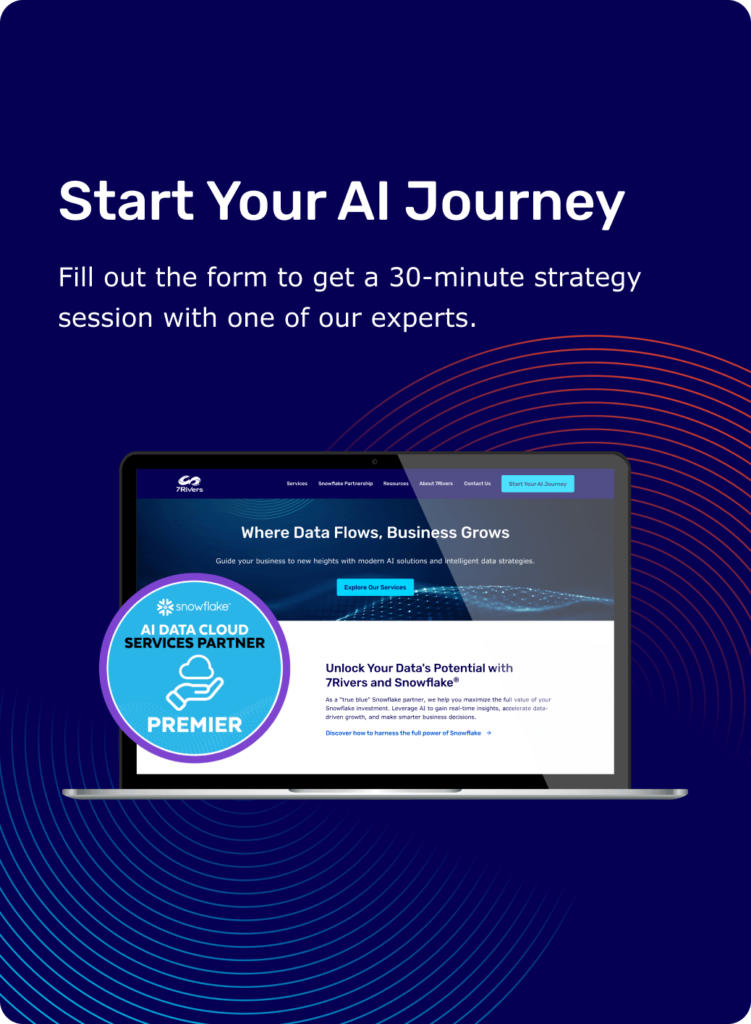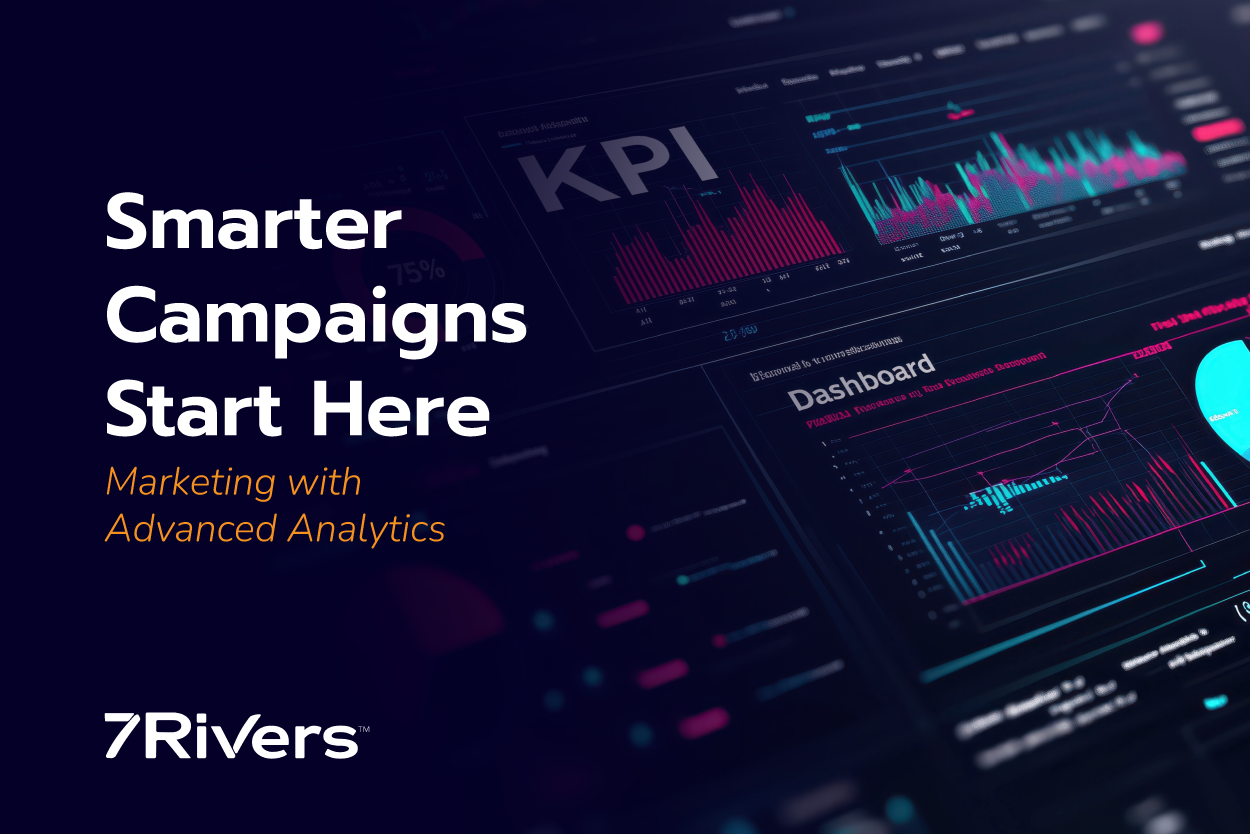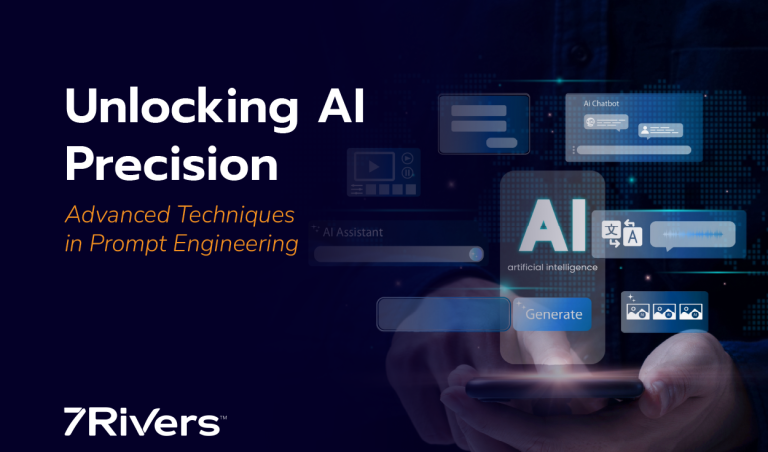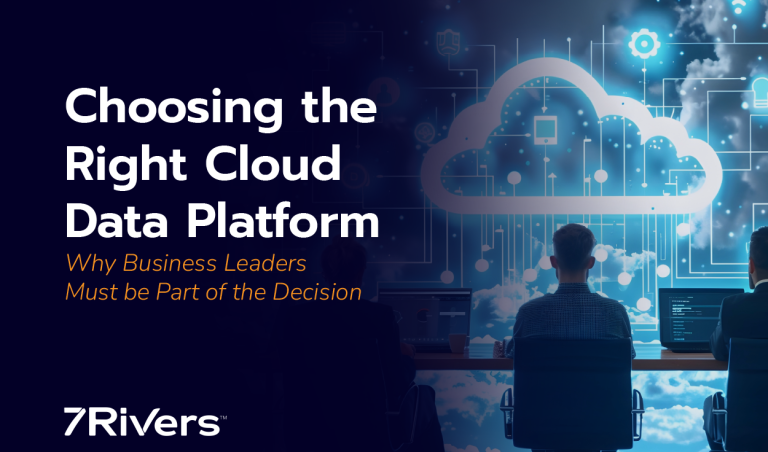In today’s fast-paced business world, companies are constantly looking for ways to stay ahead of their competition. Generative Artificial Intelligence (GenAI) is emerging as a powerful tool to help businesses boost innovation and efficiency. By embracing digital transformation—where businesses use technology to enhance operations and serve customers more effectively—GenAI can play a key role. Whether transitioning from paper-based systems to digital tools or expanding into online sales, GenAI can automate tasks, streamline operations, and enhance overall performance.
This is where business strategy becomes essential: understanding how to harness GenAI’s potential to achieve organizational goals. When integrated thoughtfully into your strategy, GenAI can redefine operations, accelerate innovation, and increase top-line revenue growth. GenAI gives businesses a competitive edge and paves the way to becoming an Augmented Enterprise.
Determining the right time to embrace GenAI is critical. Below are the steps every business leader should consider to leverage GenAI and Artificial Intelligence to drive growth and innovation.
Step 1: Assess Your Organization's AI Readiness
To successfully implement GenAI, it’s crucial to assess your organization’s infrastructure, resources, and talent. High-quality data, a robust data management strategy, and adequate computational resources are the foundation for success.
- Evaluate your data systems: Are they modern and scalable enough to handle big data (unstructured content such as text, images, audio, and video) effectively?
- Assess your talent pool: Does your team have the skills required to design, implement, and manage GenAI systems?
- Analyze your infrastructure: Do you have the processing power needed to support AI applications?
By identifying and addressing these gaps, businesses can prepare for a seamless transition to GenAI, ensuring its full potential is realized.
Step 2: Identify Critical Indicators for GenAI Implementation
Knowing when to adopt GenAI is key to maximizing its benefits. Consider these indicators:
- Growing demand for your products or services.
- Inefficient manual processes slowing operations.
- A need for increased innovation to stay competitive.
- Opportunities to enhance customer satisfaction and explore new revenue streams.
GenAI helps businesses work smarter, not harder. Whether by automating repetitive tasks, creating new products, or improving customer interactions, its applications can open new pathways for growth and success.
Step 3: Build a Strategic Framework for GenAI Integration
A clear strategic roadmap ensures that GenAI aligns with your business goals and will deliver an ROI to your bottom line.
- Assess your current technology infrastructure: Ensure that your IT infrastructure (e.g., cloud, hybrid) can support the storage and processing demands of GenAI.
- Engage stakeholders: Involve technical teams, business leaders, and end-users to align efforts and prioritize use cases.
- Develop employee training programs: Equip your workforce and IT with the skills needed to use and support AI systems effectively.
- Monitor and optimize performance: Establish feedback loops to evaluate the success of your GenAI initiatives continuously.
This structured approach ensures a smooth transition and maximizes the value GenAI brings to your business.
Step 4: Manage Implementation Risks and Challenges
Integrating GenAI into your business strategy comes with challenges. Address these proactively to ensure long-term success:
- Workforce concerns: Automation may lead to role displacement. Mitigate this by upskilling employees for creative, critical-thinking roles.
- Bias in AI decisions: Train systems on diverse datasets, use explainable AI models, and regularly audit outputs for fairness.
- Transparency issues: Adopt tools that make AI decisions clear and understandable, especially in sensitive industries like healthcare and finance.
- Privacy and ethical concerns: Ensure robust data security, comply with privacy laws, and maintain transparent data policies.
By addressing these risks head-on, businesses can build trust and integrate GenAI in a way that supports both employees and stakeholders.
Step 5: Leverage GenAI to Transform Business Operations
GenAI’s ability to automate processes, analyze data, and enhance customer experiences makes it a powerful tool for transformation.
- Sales: AI-powered conversation intelligence that analyzes sales calls in real-time to provide live coaching to reps, surface competitive insights, and identify which techniques correlate with winning deals against competitors.
- Marketing: Large-scale personalization of marketing content and campaigns by using GenAI to dynamically generate and optimize variations of ad copy, email content, and landing pages tailored to specific customer segments and their historical engagement patterns.
- Customer Service: An AI agent that can handle tier-1 support inquiries 24/7 by understanding customer questions in natural language, accessing knowledge bases and customer history, and either resolving issues directly or effectively routing complex cases to human agents with full context.
By applying GenAI strategically, businesses can uncover new opportunities, drive innovation, and maintain a competitive edge.
Step 6: Monitor and Optimize GenAI Performance
The journey doesn’t end with implementation. To ensure continued success, businesses must:
- Evaluate performance: Define and evaluate key metrics to track the impact of GenAI on operations and decision-making.
- Gather feedback: Incorporate insights from employees and customers to refine systems.
- Adapt to change: Continuously optimize AI systems to align with evolving goals and market trends.
This commitment to monitoring and improvement ensures that GenAI remains a valuable asset for innovation and growth.
GenAI holds immense potential to revolutionize businesses and drive growth. By following these steps—assessing readiness, identifying key indicators, building a framework, managing risks, transforming operations, and optimizing performance—organizations can confidently embrace this transformative technology. At 7Rivers, we specialize in helping businesses navigate this journey with tailored strategies that combine modern data practices and AI-driven solutions. Our team ensures that your GenAI initiatives align with business goals, delivering measurable outcomes and unlocking new opportunities.








